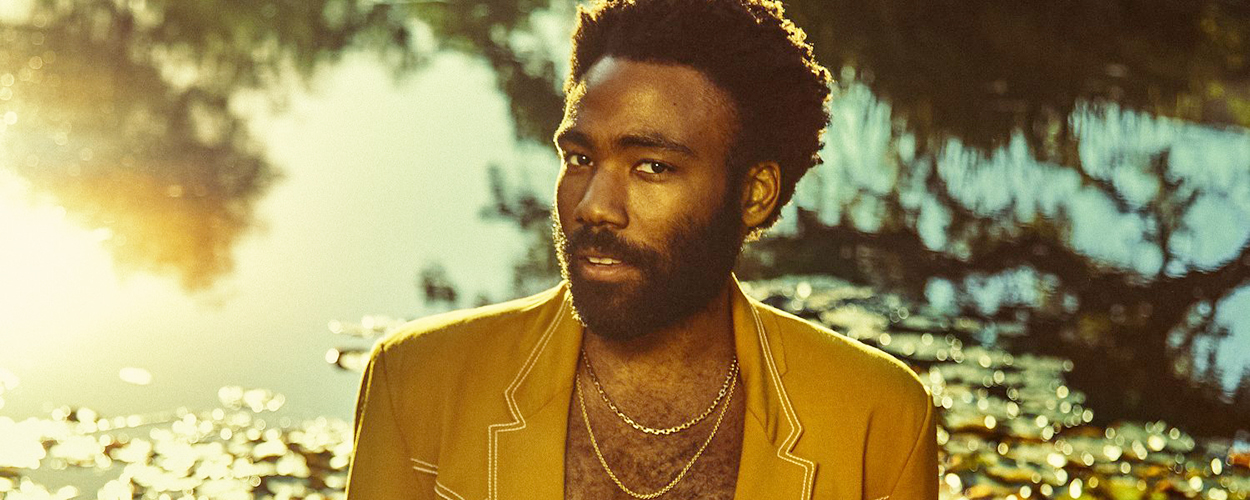This website uses cookies so that we can provide you with the best user experience possible. Cookie information is stored in your browser and performs functions such as recognising you when you return to our website and helping our team to understand which sections of the website you find most interesting and useful.
Artist News Business News Digital Labels & Publishers Legal Top Stories
Childish Gambino settles with Glassnote in SoundExchange royalties case
By Chris Cooke | Published on Monday 4 March 2019

Childish Gambino has settled with his former label Glassnote in a legal dispute that – had it got to court – could have tested whether industry conventions regarding the distribution of SoundExchange income can prevail when contracts are ambiguous on the matter.
Gambino – real name Donald Glover – released three albums with the American indie label before switching allegiances to Sony Music at the start of last year. Glassnote went legal last July in a dispute over income generated by those three records but collected by US collecting society SoundExchange, which licenses online and satellite radio stations Stateside, and some personalised radio services too.
Under US copyright law, any monies collected by SoundExchange are automatically split between copyright owners (50%), main artist (45%) and session musicians (5%), oblivious of what any record contract might say. Which meant that Glover had directly received the 45% artist share of SoundExchange money linked to his Glassnote-released albums.
Glover, whose deal with the label was a 50/50 revenue share arrangement, argued he was also due a cut (or possibly all) of the copyright owner’s share of the SoundExchange money. Glassnote countered that the industry convention was that the performer share allocated by SoundExchange to Glover and his session musicians constituted the 50% he was due under his record contract with the label.
Glassnote was quite forthright when filing its litigation, declaring that: “Apparently unsatisfied with the approximately $10 million in royalties already paid or due to him by Glassnote and the 45% of the public performance royalties from SoundExchange … [Glover] has continued to demand from Glassnote payments corresponding to SoundExchange royalties which he is legislatively and contractually precluded from receiving”.
Glover counter-sued the label in September disputing the label’s claims and listing various general royalty gripes. Had the case gone all the way, it would have been interesting to see if the dispute centred on specific wording in the Glassnote/Glover contract, which was a licensing deal, or whether it tested more widespread industry conventions that could have applied to other artist/label agreements.
But we will never know. According to both Variety and Pitchfork, papers filed with the court on Friday confirmed that an out-of-court settlement had now been reached. Terms are not known, though both side’s lawsuits have been dropped, and each side has committed to pay its own legal costs. Which is no fun at all for the rest of us, but probably the best outcome for Glover and Glassnote.





